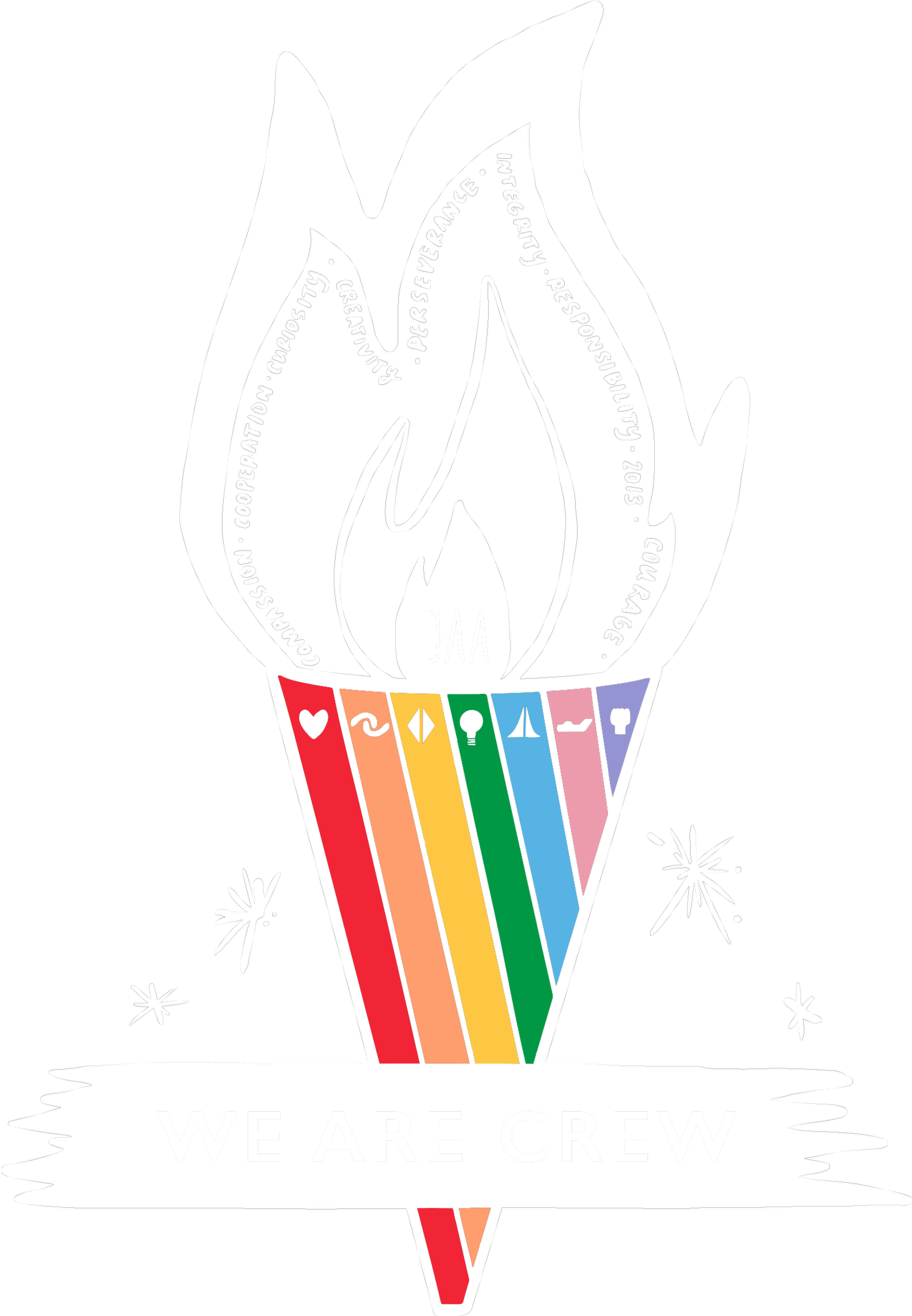What Makes a Mathematician?
At DAA, there is more to math than timed drills, teacher-led lectures on the strategy of the day, or endless independent worksheets. Empowered by our math curriculum, Illustrative Math, students engage daily in deep inquiry and the joy of learning from one another.
“Students are not passive recipients of knowledge but active participants in their own growth as well as the growth of their classmates”
In 3rd grade crews, we start the year by discussing how we want to feel in math - and what we will agree to do as mathematicians to make those feelings possible. An essential poster hangs above our math space and is referenced multiple times throughout each lesson. It states the following affirmation: “We are mathematicians. We think. We struggle. We persevere. We model. We collaborate.” This affirmation guides the philosophy for all areas of math learning. In our third grade classrooms, students are not passive recipients of knowledge but active participants in their own growth as well as the growth of their classmates. Through student-led discussions and inquiry-based activities, students are empowered to explore concepts such as multiplication, fractions, and measurement and determine their own best strategies.
“Students take center stage and build their knowledge together”
By embracing student agency, we cultivate a sense of ownership and investment in learning, fostering a collective culture where every question is valued and every voice is heard. Whether it's exploring patterns during number talks, generating questions and trading challenges with one another, or analyzing their own errors, students take center stage and build their knowledge together.
In our classroom, discussions are not just about finding the right answer but about exploring different strategies, challenging misconceptions, and making connections across mathematical ideas. Through peer-to-peer interactions and teacher-guided facilitation, students learn to articulate their reasoning, justify their solutions, and respectfully critique the ideas of others—a cornerstone of not only math proficiency, but of becoming a contributing member of one’s community that extends far beyond the confines of the classroom.


